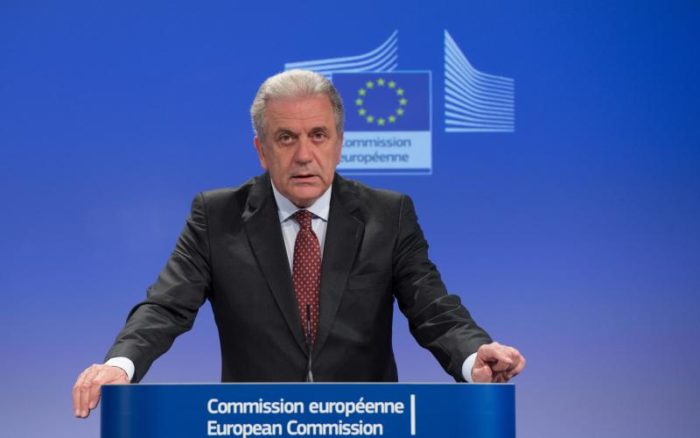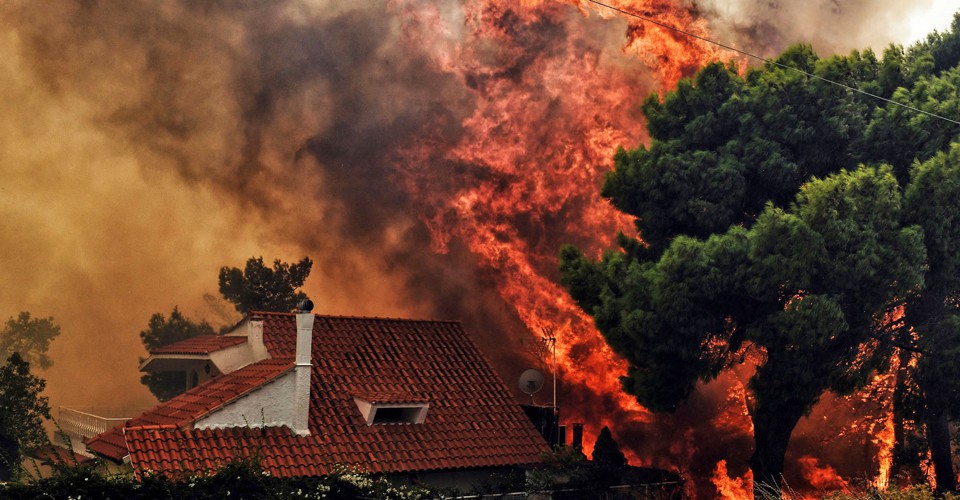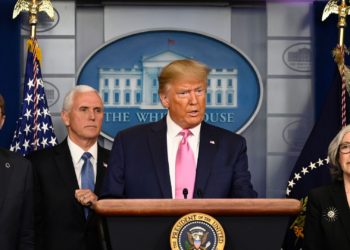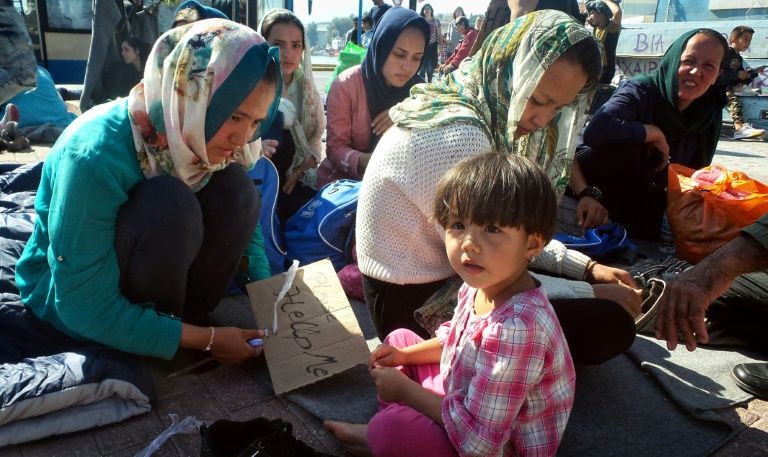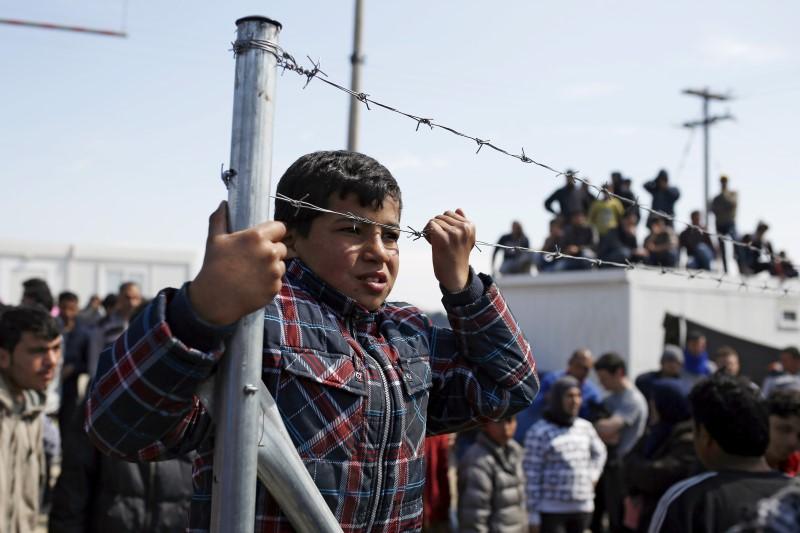The European election campaign must not “paralyze” E.U. efforts to reform asylum rules, which have split the bloc since a migration surge in 2015, migration commissioner Dimitris Avramopoulos said Thursday.
Avramopoulos touched on fears that the run-up to May’s elections to the European Parliament will only harden a years-long impasse over asylum reform despite a sharp drop in migrant arrivals.
“The upcoming elections should not paralyze us,” Avramopoulos told reporters during a meeting of European Union interior ministers in Bucharest, the Romanian capital.
“On the contrary,” the former Greek politician said. “We have to join our forces to show strong political will and move forward.”
Why This Matters
Unity has proved elusive since efforts began in 2016 to reform the “Dublin rules,” which stipulate that asylum requests be handled by the country where migrants and refugees first land.
Brussels pushed the reform after migration peaked in 2015 – when more than one million entered the bloc – in order to ease the burden on frontline states like Italy and Greece.
“We cannot continue to squabble to find ad-hoc solutions each time a new ship arrives.”
During #SOTEU, President @JunckerEU proposed:
• A reinforced European Union Agency for Asylum
• A fully equipped #EUBorderGuard
• Stronger EU rules on return
• Legal migration#MigrationEU pic.twitter.com/PQrL8KqsUB— European Commission (@EU_Commission) September 13, 2018
Even though migrant arrivals have dropped sharply, countries like Hungary and others in eastern Europe reject plans to redistribute migrants around the bloc in the event of new surges.
With the deadlock, the populist, anti-immigration government that took power in Rome last year has often turned away ships that have rescued migrants in the Mediterranean.
With the island of Malta also turning away rescue ships, E.U. nations have been forced to undertake negotiations each time over where to relocate the migrants in the bloc.
“We can no longer continue to count on ad hoc solutions when dozens of migrants are stranded on a boat in the high seas off our coasts,” Avramopoulos said in a separate statement to AFP.
He urged EU nations to stop “this game which can put human lives in danger.”
What’s Next
Pending a breakthrough in asylum reform, the Commission, the E.U.’s executive arm, is urging member states to adopt “temporary arrangements” setting out the responsibilities for each on disembarkation.
Germany and France want to “considerably widen the circle” of countries ready to share responsibility for admitting migrants, German official Stephan Mayer said.
Austria’s Interior Minister Herbert Kickl, a member of the far-right FPO, said he wanted to “put back on the table” his demand for a new E.U. rule to facilitate the expulsion of asylum seekers and refugees who commit offenses.
“The current situation is not satisfactory. It cannot continue like that,” he said, adding his request corresponds with “what the population wants.”
More on the Subject
Rights activists accused Europe in January of clinching a new “record of shame” with its refusal to open ports to migrant children and families stranded at sea in the Mediterranean.
The latest standoff involves 32 migrants who were rescued at sea on December 22 but have not yet been given permission to land anywhere.
“It’s now been 14 days left alone at sea. A new record of shame,” the Mediterranea collective of aid groups and associations said on Twitter as it launched a mission to deliver aid to those stranded in stormy weather off the coast of Malta.
‘Record of Shame:’ European Ports Remain Closed to Sick Children


